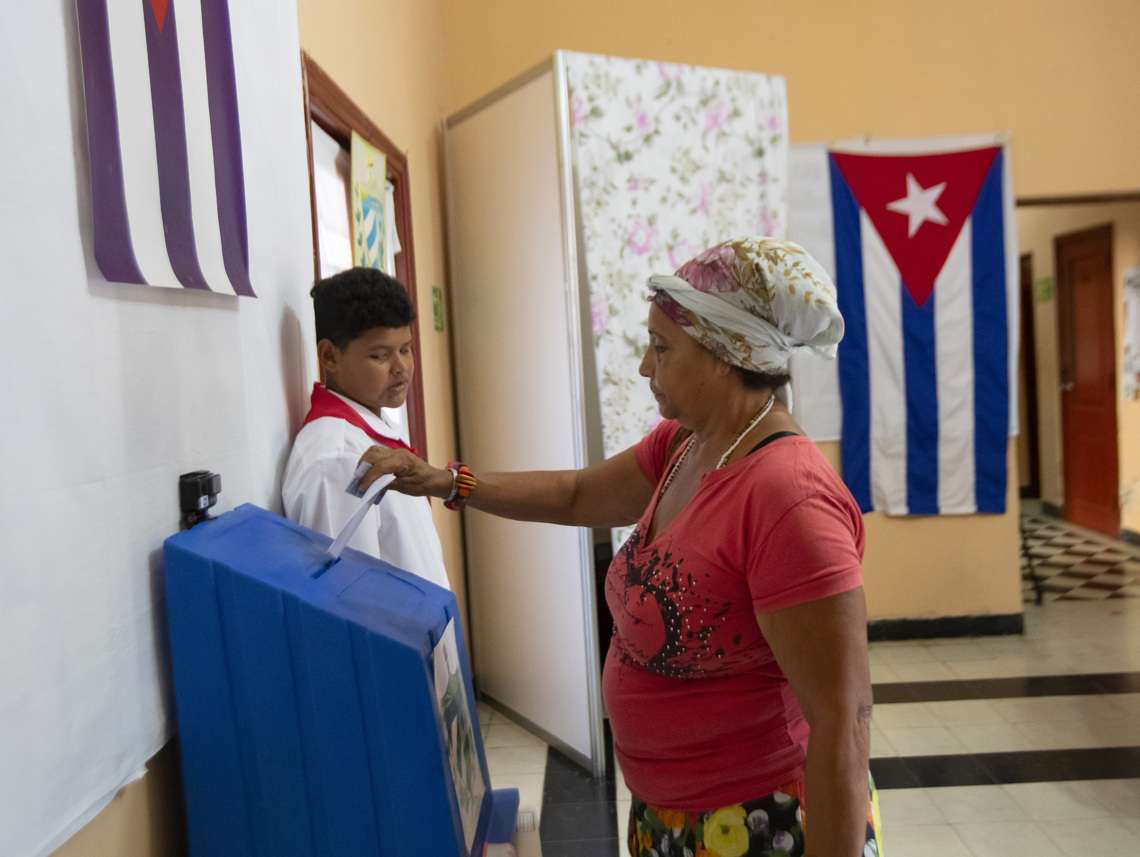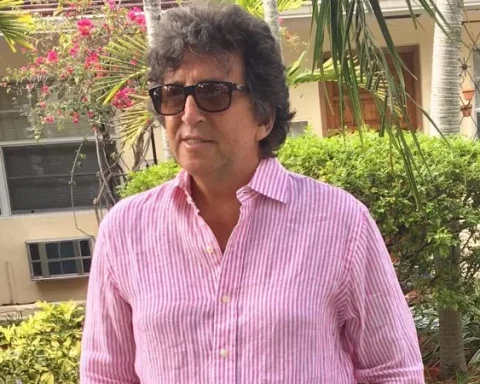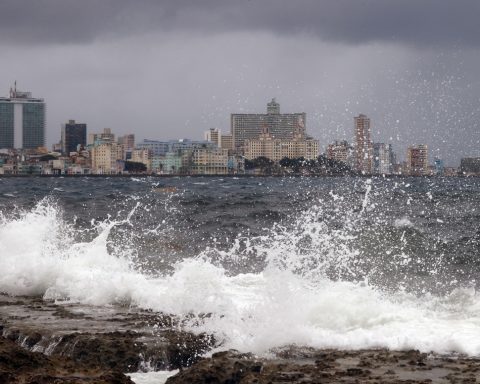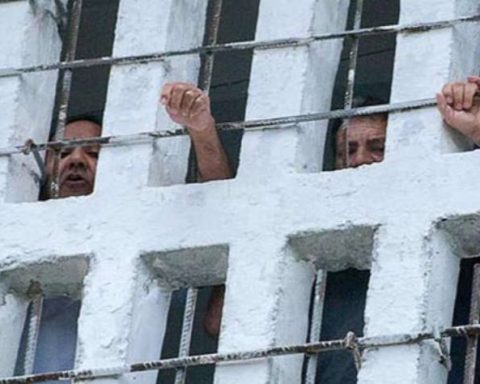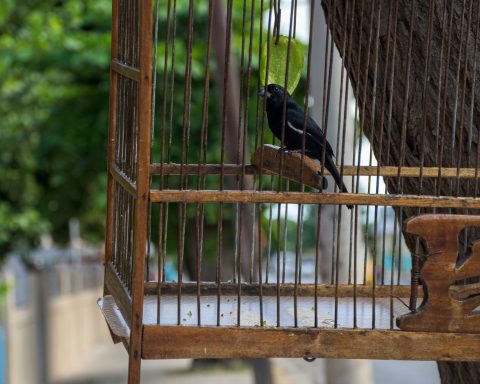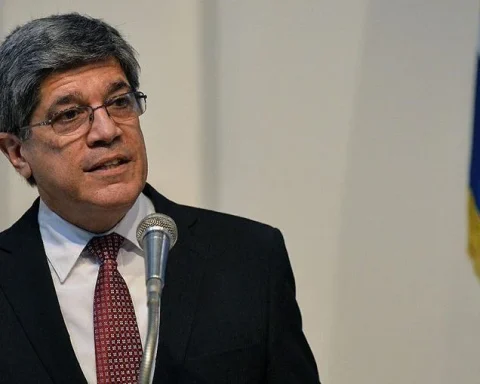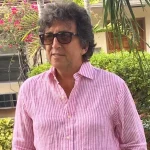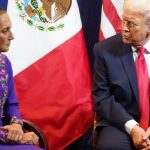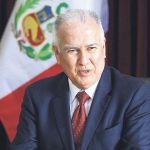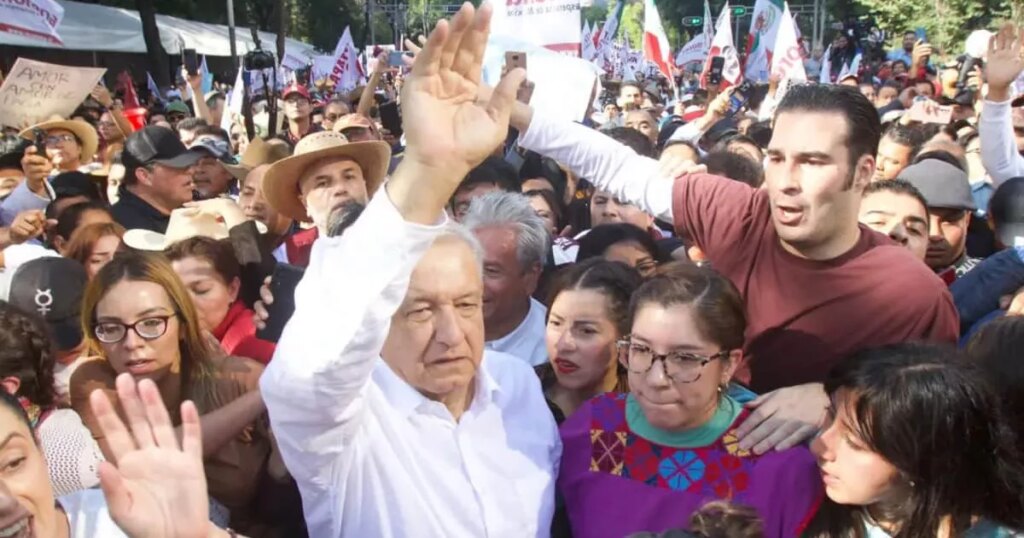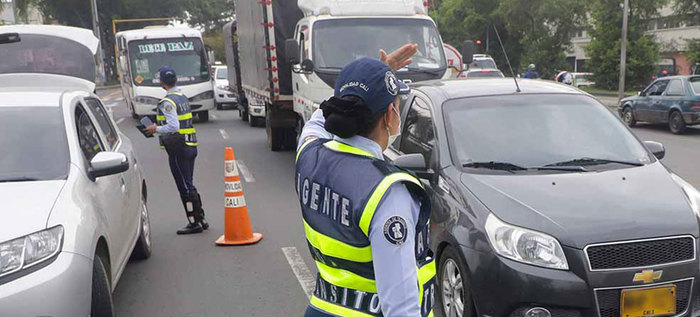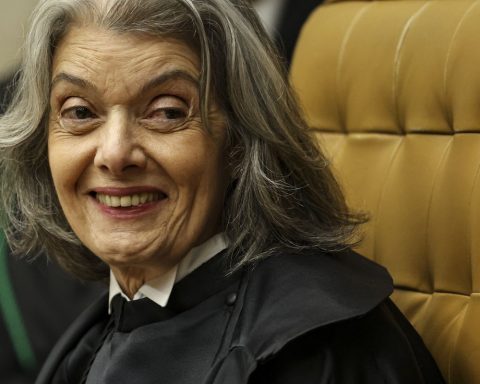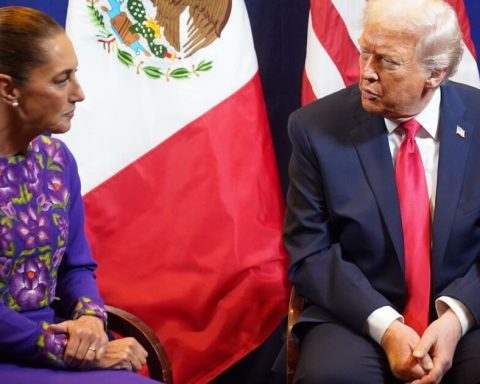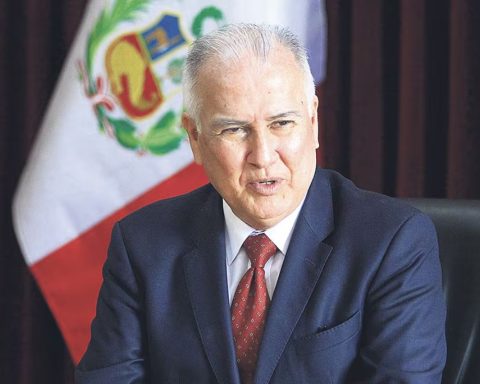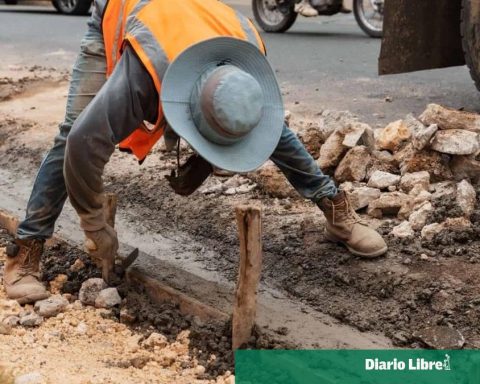63.85% of the registered voters for the elections of delegates to the Municipal Assemblies of Popular Power in Cuba had gone to the polls at five in the afternoon of this Sunday, November 27, which represents a considerable decrease compared to the same moment of the last local elections, held in 2017.
As reported by the National Electoral Council (CEN) in its fifth part (8:00 p.m. local time), a total of 5,332,591 citizens –out of 8,351,311 registered– had exercised their right to vote until the cutoff at five in the afternoon. , figures that were below the 7,014,132 voters (82.05% of the register) who passed through the schools until that same time in the 2017 votes.
The member of the National Electoral Council, Denys Buedo Hidalgo, reported this Sunday that, at the close of five in the afternoon, 5,332,591 Cubans have exercised their right to vote, for 63.85% of the electoral roll. #willtochoose pic.twitter.com/ICvON7VjC9
— Elections in Cuba (@Elecciones_Cuba) November 28, 2022
This tendency towards abstentionism had been manifesting since early in the morning, although the gap widened further after noon. After five in the afternoon, the CEN authorities announced that the 23,480 polling stations set up throughout the island would be open one hour longer than expected “at the request of the electoral councils in various territories and of the voters themselves,” something that It had already happened in 2017.
Regarding the campaigns launched from various fronts so that Cubans do not go to the polls as a quantifiable sign of rejection of the system, the Minister of Foreign Affairs, Bruno Rodríguez, said that “they do not make a dent in our people.”
“They are tentative, they bark, which means that we are riding and advancing (…) it is a shame,” said Rodríguez, who voted this Sunday morning at a school in the Havana municipality of Playa, shortly after landing on the island. as part of the government delegation that made an international tour of Algeria, Russia, Turkey and China.
For his part, President Miguel Díaz-Canel highlighted the development of the elections in a scenario of “economic suffocation” and “smear campaigns” that are trying to be implemented in Cuba. In addition, he assured that these elections confirm that the country maintains its “political and social stability.”
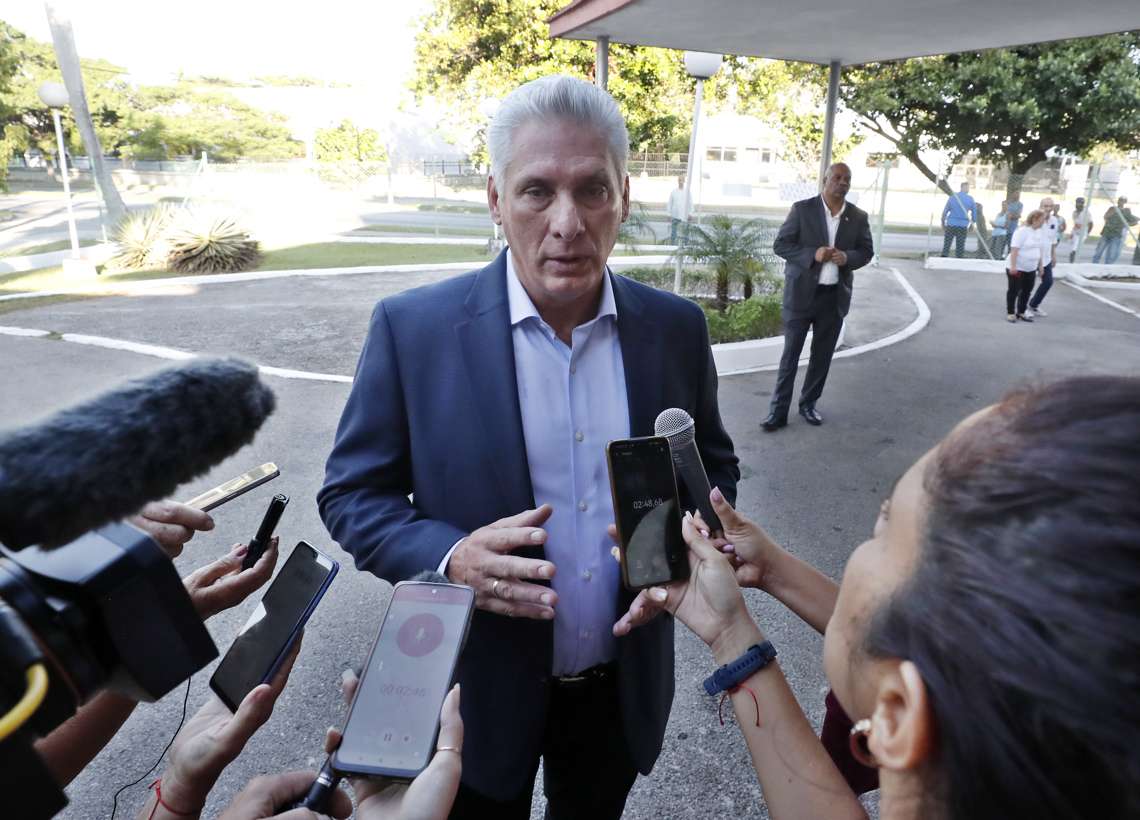
“This exercise is a citizen responsibility because we are electing our representatives in the municipal bodies, the country’s main government structure. It is in line with the work in recent years to perfect socialist democracy,” said Díaz-Canel, who also voted in a college west of the capital.
More than eight million Cubans over the age of 16 were called to the polls this Sunday for the election of neighborhood delegates, the first chapter of the new electoral cycle that will culminate in 2023 with the formation of Parliament, which will designate the President of the Republic .
In these votes, a total of 22,205 young people had to exercise their right to vote for the first time after turning 16 years of age, while the electoral authorities were made up of 180,000 people, plus 1,400 supervisors and 24,000 collaborators.
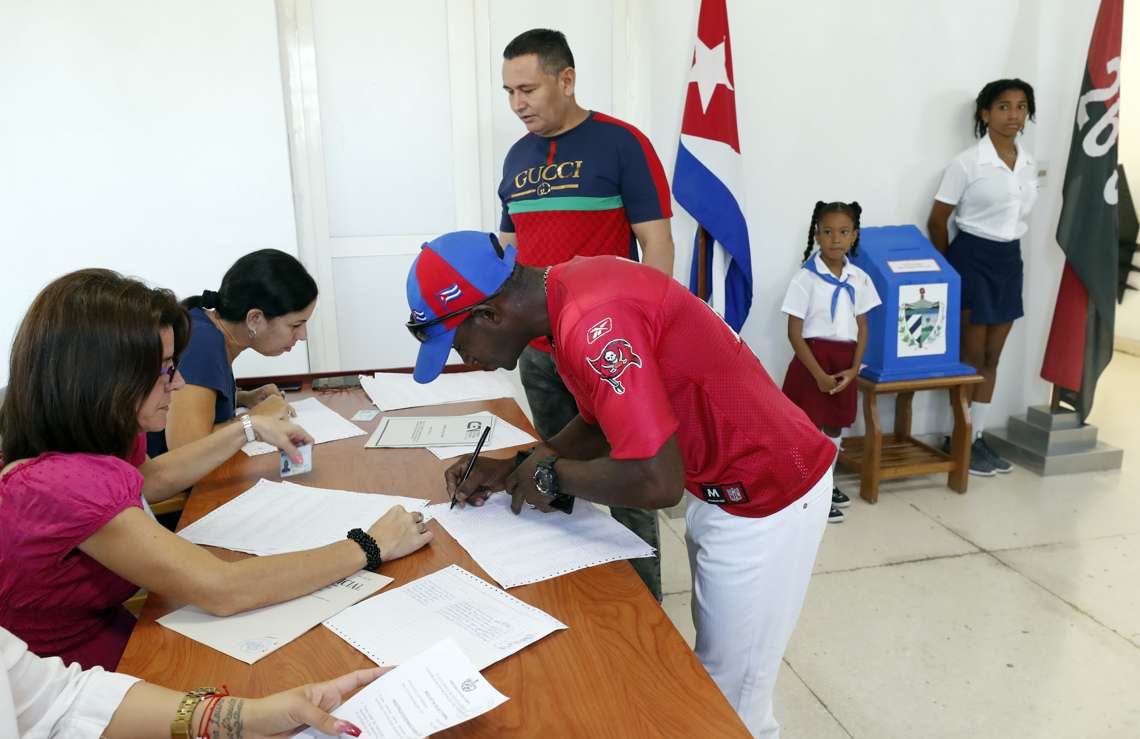
In each constituency, only one of the nominated candidates is elected, who must obtain 50% plus one of the votes. In case of not completing that figure, there will be a second round on December 4 in places where none of the candidates achieve that percentage or there are ties.
The delegates, who will mainly be in charge of directly managing problems and complaints in their communities, also make up the Municipal Assemblies of People’s Power, the country’s first administrative level.
With information from EFE
